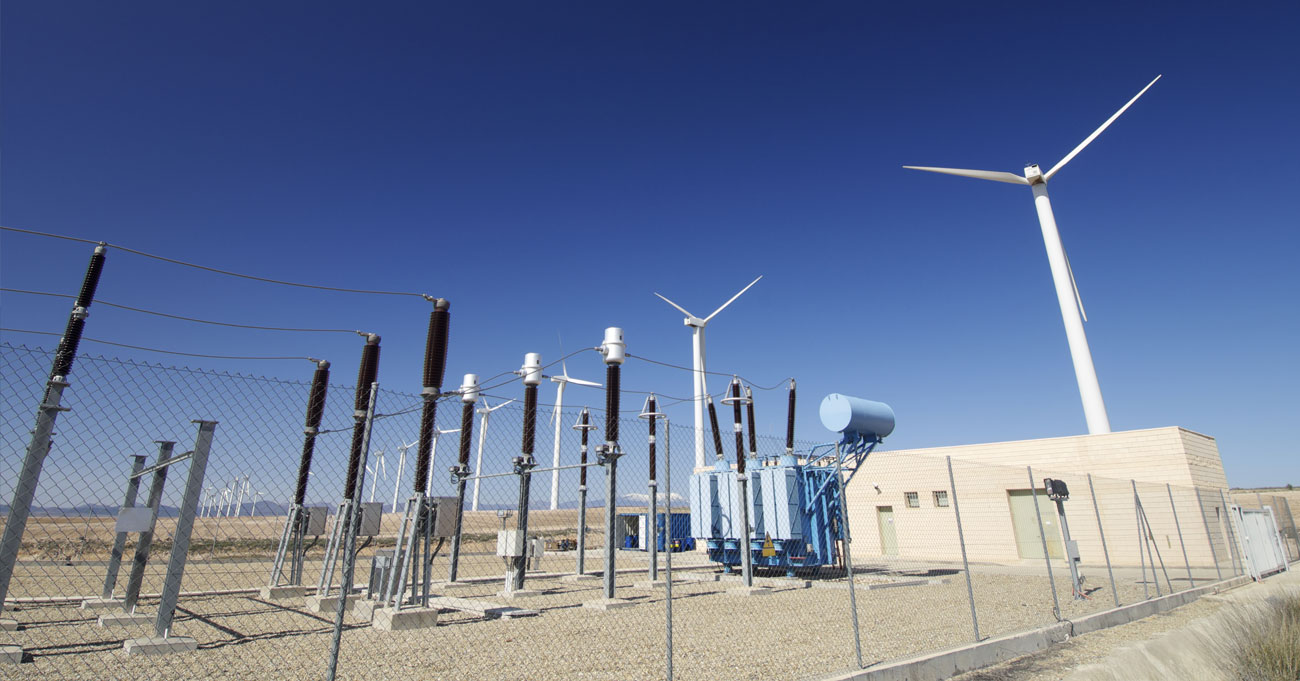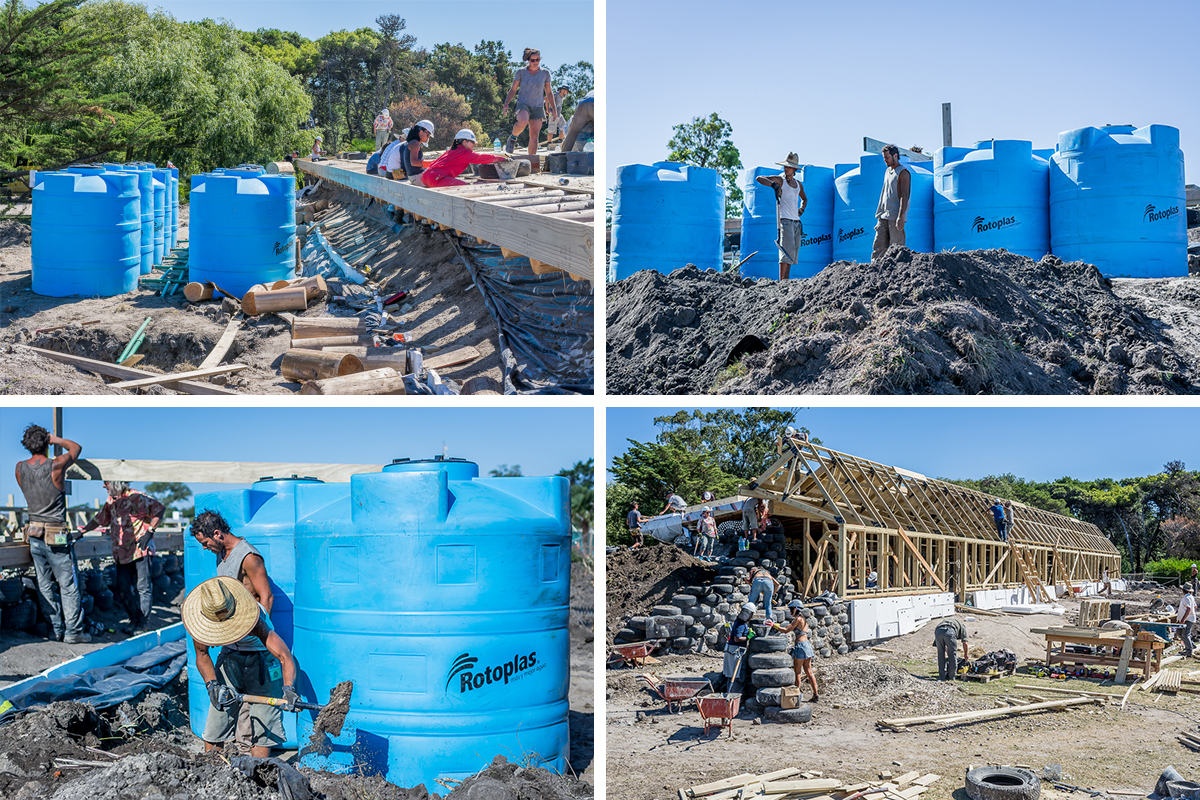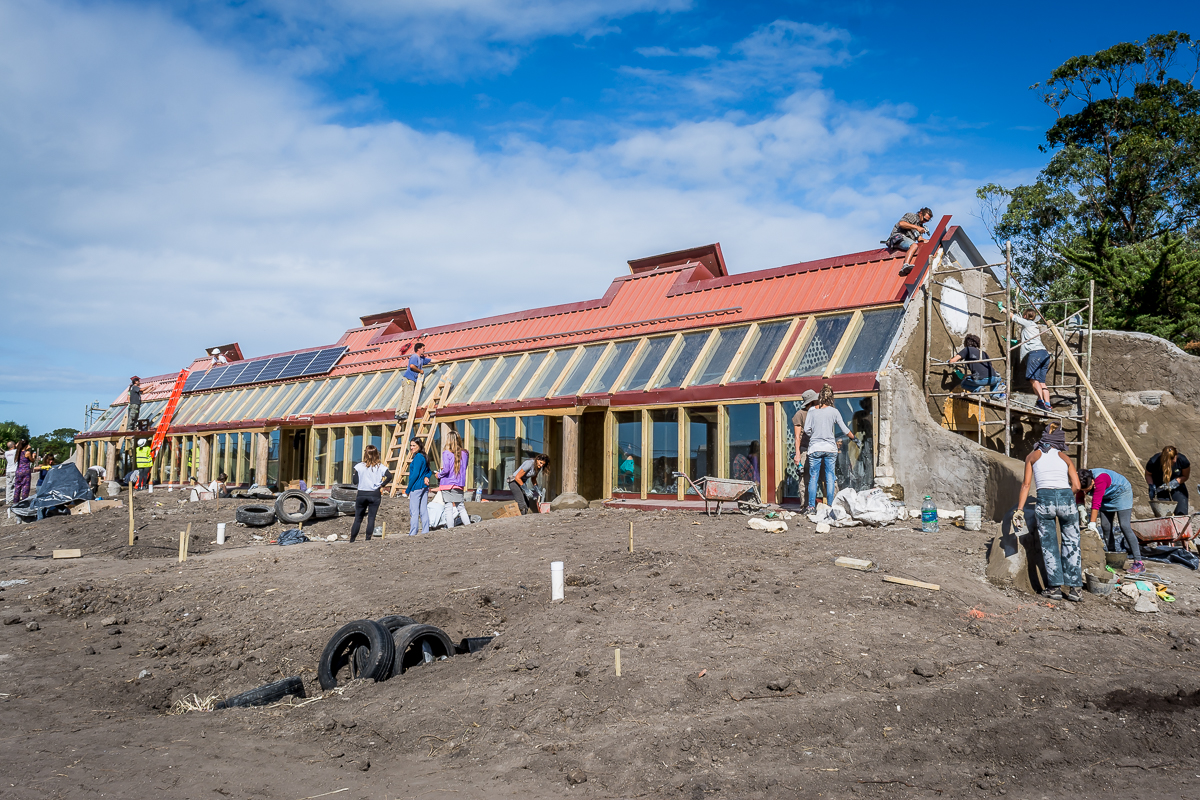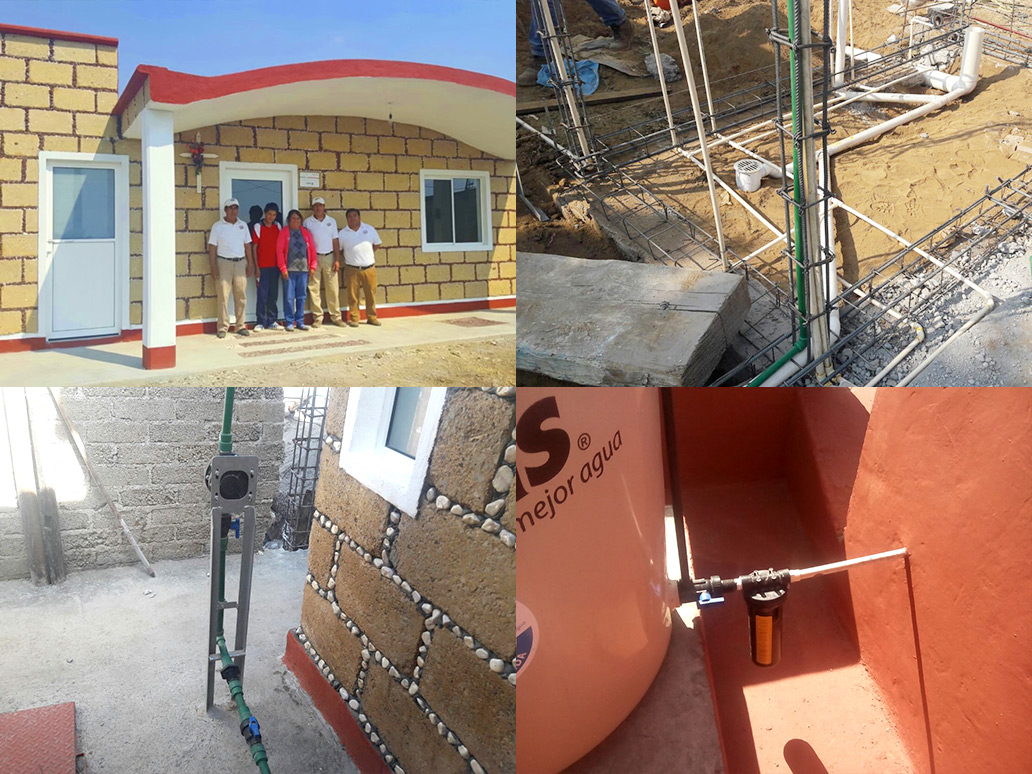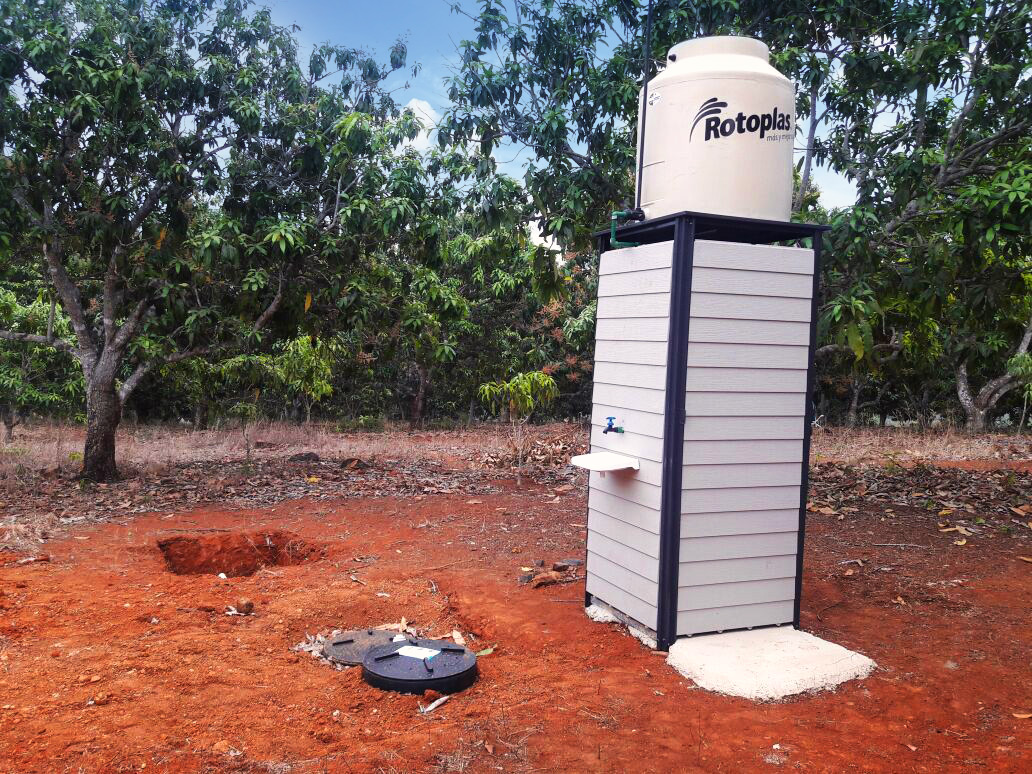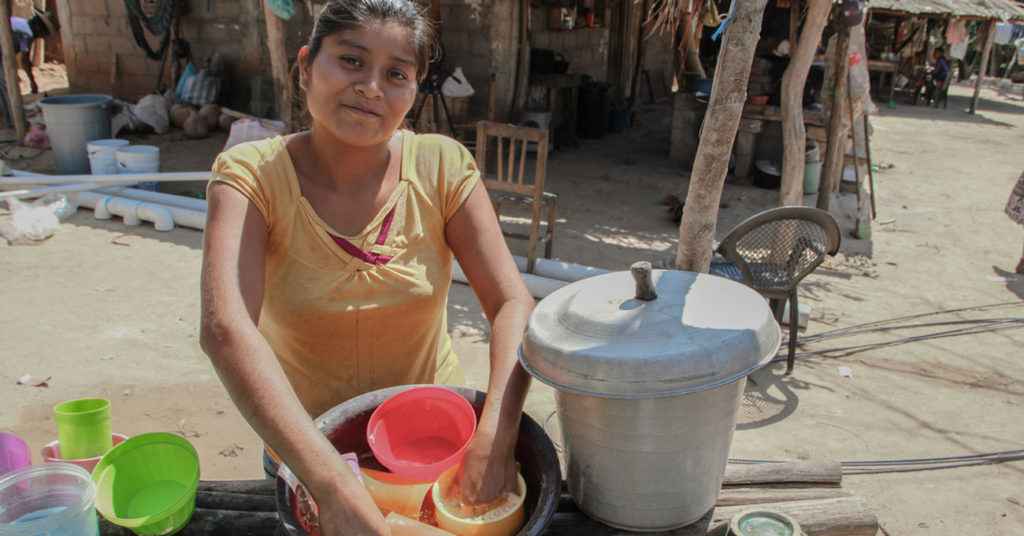| Aware of the importance of reducing dependence on non-renewable energies, Rotoplas implements projects to supply renewable energy to its plants. |
Extrusion, grinding, injection and rotomolding are the four industrial processes that we use in Rotoplas to manufacture the water solutions that we provide to families, schools, communities and companies in the 14 countries where we operate. These processes require energy to be carried out, mainly Natural Gas or LP Gas and electricity. This is how we ensure the operation of the machines installed in our 21 Plants.
In 2016, electricity was the second most used source of energy in our operations, which represents almost 25% of our energy consumption, and is equivalent to 37.4 million of kWh. This consumption emitted 14,000 tons of carbon dioxide equivalent (CO2e) during that year.
Recognizing the importance of energy consumption and efficiency, as well as the necessity to move toward less aggressive energy schemes with the environment, in Rotoplas we have implemented different alternatives in our Plants and work centers to progress in the use of renewable sources of energy that feed our work processes.
Through purchase and production schemes of energy from clean sources such as solar and wind, in Rotoplas we have achieve that 86% of electricity used in our processes, its obtained from the use of renewable sources. This indicator has improved over time, helping us reduce our emissions of Greenhous gases (GHG). In this process of continuous improvement, our team of Supply Chain, Purchasing, Operation and the Plant personnel have been fundamental to achieve positive results.
As the result of this approach is that some of our most important plants in Mexico are supplied, almost completely, by electricity from clean sources. Such is the case of our plant in Monterrey, Nuevo Leon; our plant in Lerma, Mexico City; and our factory located in Leon, Guanajuato. This approach generates not only environmental benefits, but also economic benefits.
This initiative is identified in the second focus of our Sustainability Model: Collaborative Innovation with Meaning.
We invite you to learn from this and other sustainability progresses in our 2016 Integrated annual report.


